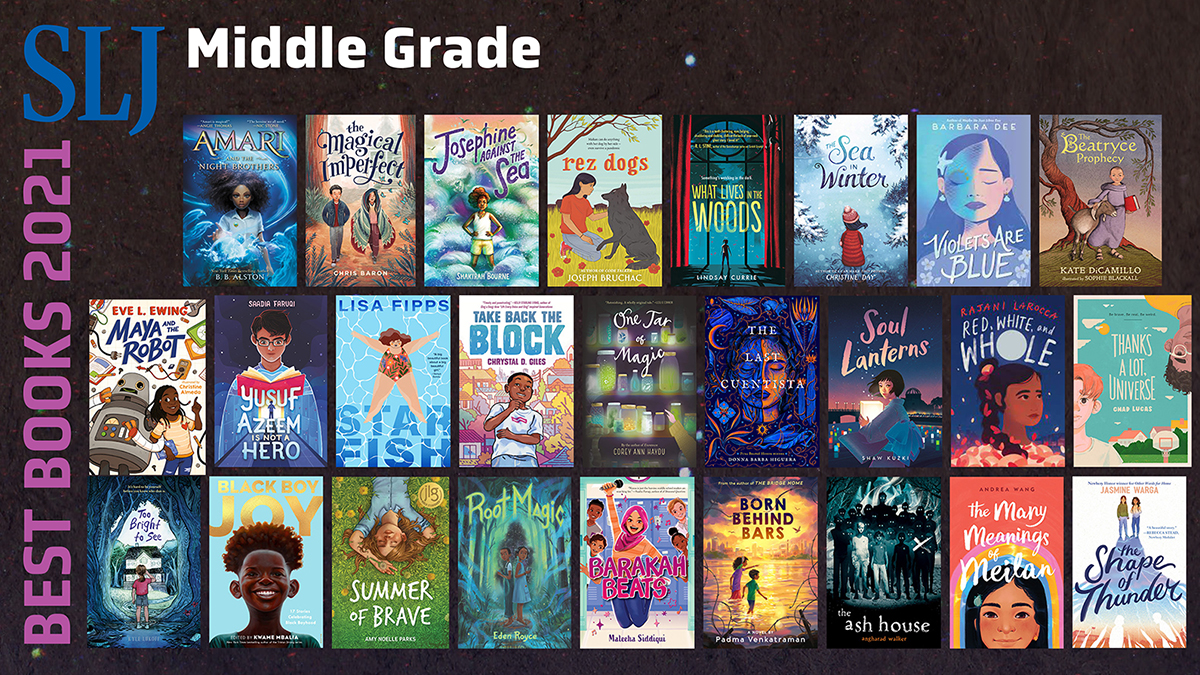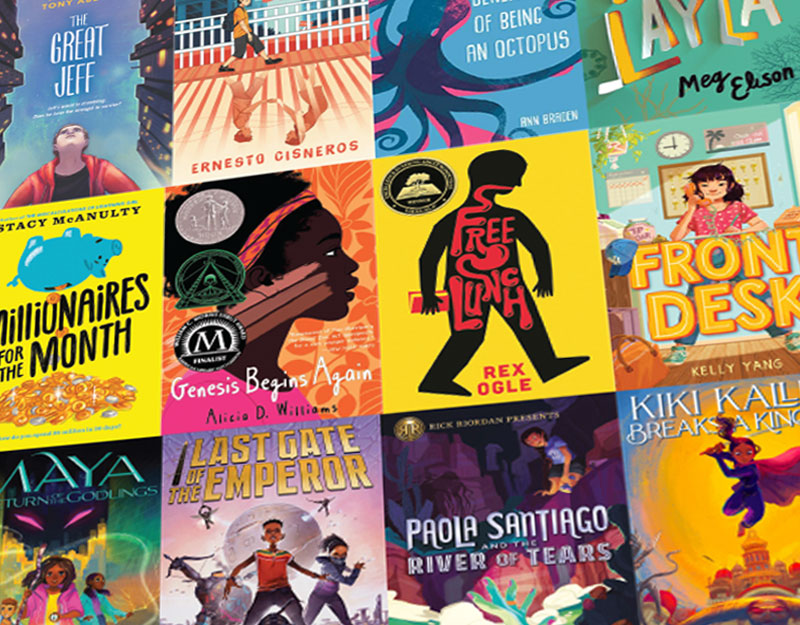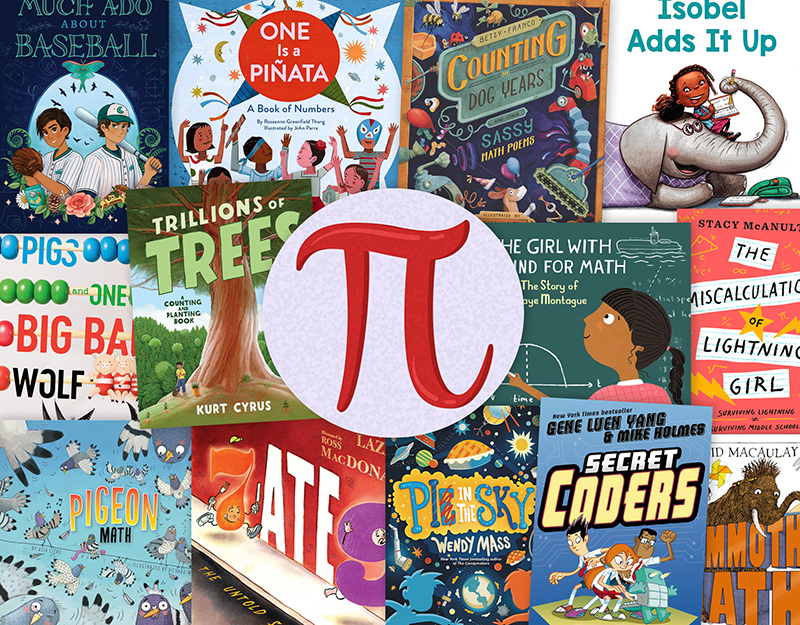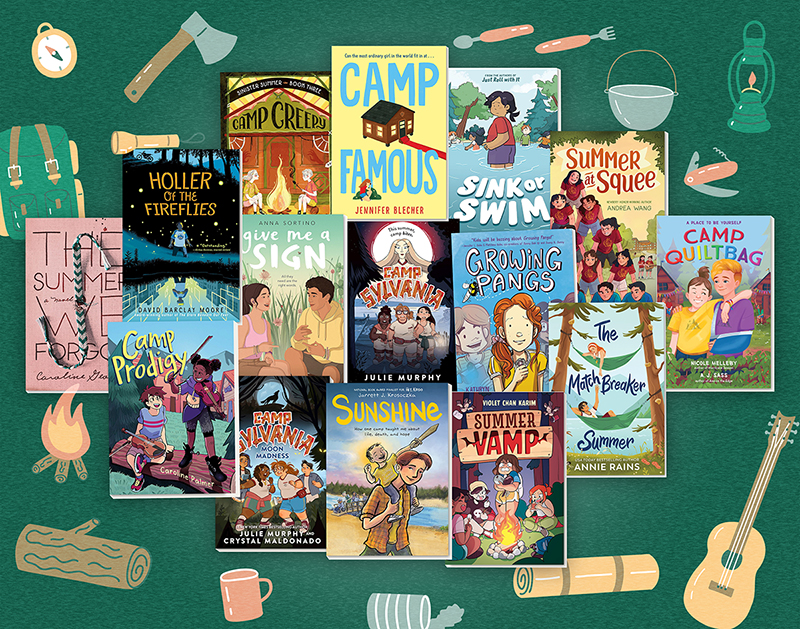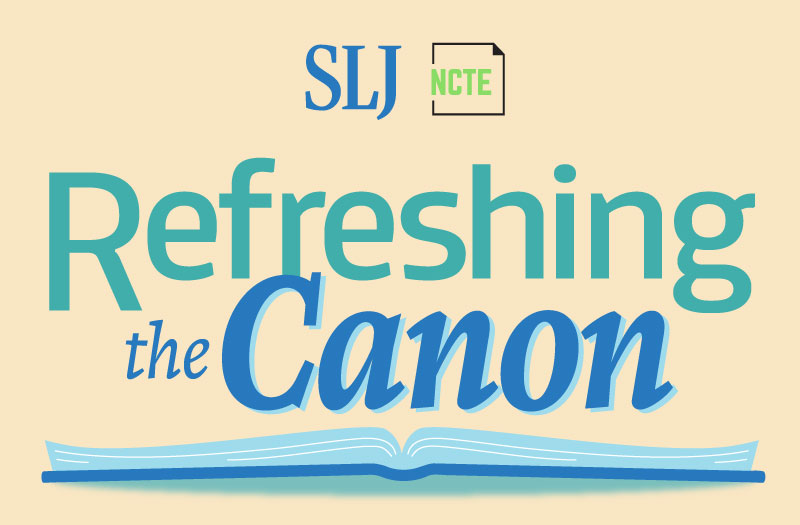The Truth About White Lies: An Interview with Author Olivia A. Cole By Lisa Krok

Publisher summary: Shania never thinks much about being white. But after her beloved grandmother passes, she moves to the gentrifying town of Blue Rock and is thrust into Bard, the city’s wealthiest private school. At Bard, race is both invisible and hypervisible, and Shania’s new friends are split on what they see. There’s Catherine, the school’s queen bee, who unexpectedly takes Shania under her wing. Then there’s Prescott, the golden boy who seems perfect…except for the disturbing rumors about an altercation he had with a Black student who left the school.
But Prescott isn’t the only one with secrets. As Shania grieves for the grandmother she idolized, she realizes her family roots stretch far back into Blue Rock’s history. When the truth comes to light, Shania will have to make a choice and face the violence of her silence.
Lisa Krok: Thank you Olivia for meeting to discuss your new book, The Truth About White Lies, forthcoming from Little, Brown BFYR March 8, 2022. I felt this story had a quick hook as Shania’s Gram leaves her granddaughter with these puzzling last words: “We all are liars.” The title foreshadows the plot with a double entendre. Can you tell us more about that?
ADVERTISEMENT
ADVERTISEMENT
Olivia Cole: I had a teacher in middle school who I believe was the first person to make me aware of the ways language can carry buried meaning. I don’t remember what happened in class – someone in trouble for something! But a student referred to what had transpired as “a white lie.” My teacher, without missing a beat, said “And what’s a white lie? What’s a black one?” The conversation in class didn’t go much farther than that, but it was a seed in my head, joining other seeds that had been planted, and it stuck. Language carries more than definition. I think there’s a tendency older writers have of eyerolling this kind of critique as adolescent, but it’s a dismissal that falls away when forced to answer the question “Tell me why white means harmless?”
As far the other reading of the title – white lies in the sense of the lies told by white supremacy – well…that’s what the book is about! There’s a key scene in the last quarter that I think says it all, and I won’t give it away, but there’s a lot I want readers to consider when they think about who benefits (who truly benefits) from the kinds of mythology white supremacy perpetuates. Who is getting rich off of these lies? Because it sure isn’t poor white people. Who is being served? It sure isn’t disabled white people. White lies will have you punching yourself in the face and then feeling confused when you look around for who hit you and don’t see anyone but the mirror.
LK: Gram’s specialAlmanac goes missing after her death. After her mother insists she does not know where it is, Shania finds it and wonders why her mother lied. Why is the Almanac so important to Shania?
OC: I think for Shania, the almanac is the map of her identity. She feels rootless in a lot of ways, and lacking in a sense of self. The almanac is her resource for knowledge and memory. As she says in one scene, grieving for her grandmother, “How am I supposed to know which [weeds] to kill?” The almanac provides a lens she can see the world through. It just ends up showing her more than she anticipated.
LK: Shania desperately wants to fit in at her new private school. She meets the three Tane siblings who each have different agendas. Although she is drawn to each of them for different reasons, wearing the “crown” and being part of the club seem irresistible to her. Can you tell us a bit about her relationships with each of the three siblings?
OC: We all get something different from all the people in our lives, and the same is true for Shania. From Catherine Tane, the Queen Bee, there is the promise of ascension. Catherine embodies success, has a lot of social currency. So much of girlhood is navigating hostile waters, but Catherine – as a wealthy, able-bodied, cisgender, conventionally attractive young white woman – has figured out that she has a lot of power. Shania, as she says at one point, gets the feeling that if she tithes just right, she can join the club and also cash in on that. It’s alluring. It appeals to her sense of inadequacy.
Prescott, as a young white man, has even more power. He doesn’t have much to negotiate and he’s aware of that, but he also has a bit of a victim narrative going on in his head, which Shania gravitates toward. In her grief and sense of being uprooted, she feels empowered by his speeches about getting back what has been taken. She feels like a victim. Prescott offers ascension as well, but it’s a throne even higher than Catherine’s. There is also something disturbing about him that Shania clocks right away – staying close to him feels like a measure of safety.
Ben, on the other hand, recognizes that he has power and is trying to be rid of it. In Ben Tane, I think Shania recognizes some pieces of the things she’s missing since Gram died – gentleness, a connection to the earth. Even things as simple as caring for animals. I would also offer that if Shania has a moral compass, Ben feels like North. But her cardinal directions are very confused over the course of this story. And Ben has flaws that are a lot less obvious than his brother’s.
All in all, the Tane siblings all make Shania long for something. Each is on a path that Shania feels the call to follow. But she has to make her own decision about which it will be.
LK: Willa and Michelle provide an interesting juxtaposition to the Tane family for Shania – a mirror that doesn’t lie. How do these two characters alert Shania to begin recognizing some of her own white privilege?
OC: There are moments in the book where Shania recognizes the comfort that could exist by aligning with Willa and Michelle – they love the things she loves; and beyond the tangible things they have in common, Shania is drawn to their language and way of being. But they ask more of her than she is able to give. Shania has little glimpses of self-awareness that happen to burst into existence in and around the moments where Michelle and Willa attempt to open her eyes. However, despite their knowledge and patience, there is no amount of explaining or cajoling that either of those characters could do to “convince” Shania of anything. It will not happen before she’s ready. But they plant seeds, which only Shania’s own (slowly) growing self-awareness can help sprout. I see Shania’s small awakenings as a series of coincidences that, as everything rolls downhill, becomes a giant snowball she can no longer ignore or avoid.
LK: As both Prescott’s and Gram’s secrets come to light, Shania is at a crossroads. She can either continue the status quo or “Do better” as Gram requested. Without giving any spoilers, what can you tell us about Shania’s journey throughout this book? What would you like teachers, librarians, and teens to take away from this novel?
OC: As mentioned above, Shania’s journey is a snowball. Everything nagging at her about whiteness and violence is noticed and pushed away, but choosing to push things away doesn’t make them disappear. Like any awakening to truth, the nudges grow in size and intensity. In this book, Shania starts with an itch in the back of her mind. By the end of the book, everything is falling apart. But that doesn’t mean it can’t be put back together.
ADVERTISEMENT
ADVERTISEMENT
I hope teachers, librarians, and teens take their own itch away from this novel. What are you ignoring in the back of your mind? What is happening around you in your homes and communities that is itching? Keep scratching.
LK: Thank you for your insights! This book is a valuable addition to all school and public libraries that service teens. The Truth About White Lies releases March 8, 2022. For more about Olivia A. Cole, visit www.oliviaacole.com .
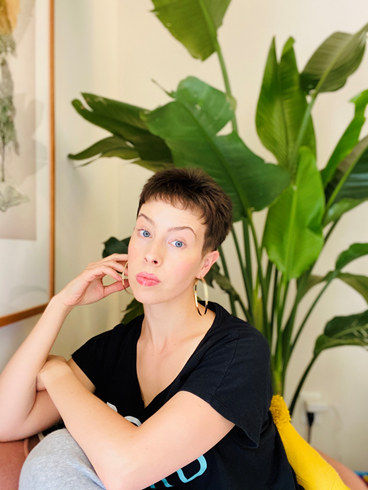
Olivia A. Cole is a writer from Louisville, KY. She is the author of eight novels, which include The Truth About White Lies and Cloud Parliament. Her essays have been published at Bitch Media, Real Simple, the LA Times, HuffPost, Teen Vogue, Gay Mag, and others. Olivia’s contemporary YA novel, The Truth About White Lies, will be released in March 2022, and her novel-in-verse, Sincerely, Medusa, will be released in Spring 2023. Her debut middle grade novel, Where the Lockwood Grows, will be released in Summer 2023. Her short story Holding Hibiscus will appear in the YA anthology Freshman Orientation in Fall 2023.

Lisa Krok, MLIS, MEd, is the Adult and Teen Services Manager at Morley Library and a former teacher in Cleveland, Ohio. She is the author of Novels in Verse for Teens: A Guidebook with Activities for Teachers and Librarians (ABC-CLIO). She reviews YA for School Library Journal, blogs for Teen Librarian Toolbox, and her passion is reaching marginalized teens and reluctant readers through young adult literature. Lisa has served on both the Best Fiction for Young Adults and Quick Picks for Reluctant Reader’s teams. She can be found on Twitter @readonthebeach.
Filed under: new books
About Karen Jensen, MLS
Karen Jensen has been a Teen Services Librarian for almost 32 years. She created TLT in 2011 and is the co-editor of The Whole Library Handbook: Teen Services with Heather Booth (ALA Editions, 2014).
ADVERTISEMENT
ADVERTISEMENT
SLJ Blog Network
Should I make it holographic? Let’s make it holographic: a JUST ONE WAVE preorder gift for you
Press Release Fun: Happy Inaugural We Need Diverse Books Day!
Halfway There: A Graphic Memoir of Self Discovery | Review
Fifteen early Mock Newbery 2026 Contenders
When Book Bans are a Form of Discrimination, What is the Path to Justice?
ADVERTISEMENT



